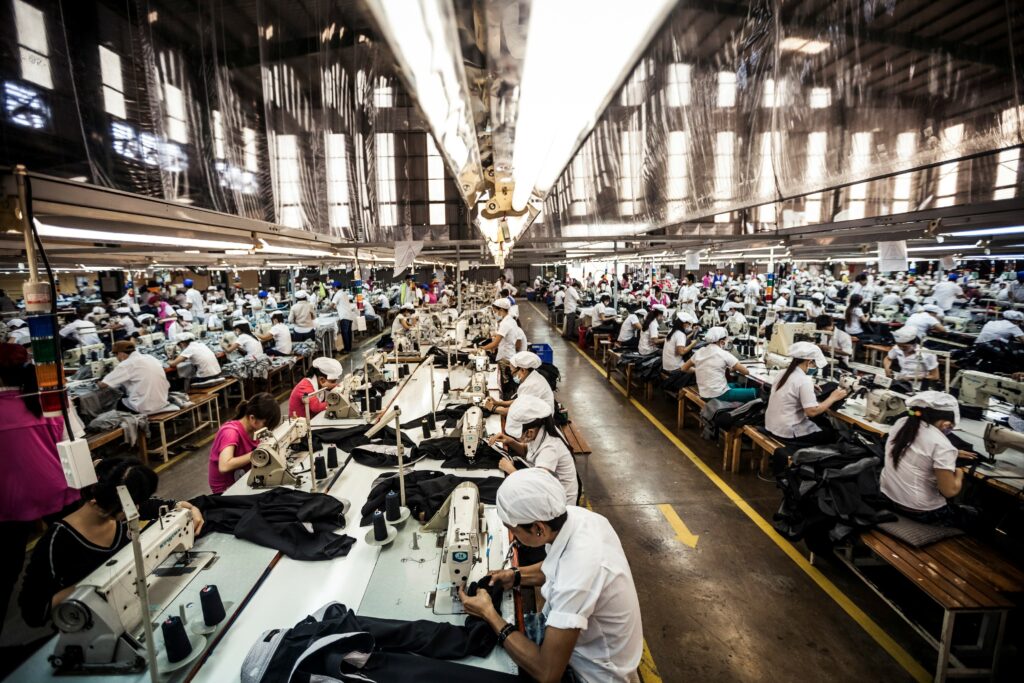
Flexible work arrangements, which enable people to voluntarily change when and where they work, are stigmatized in American workplaces due to a belief that flexible work patterns reflect an insufficient commitment to work. Yet, I find that the use of these arrangements is associated with heightened, not diminished, levels of work devotion among working mothers.
This finding contradicts the commonly held view that to effectively manage job and family responsibilities, one must make sacrifices or trade-offs between ambitions at work and at home. As “trade-offs,” strategies are portrayed within the context of a zero-sum relationship between work and family—a view which upholds the “sperate spheres ideology” that has long legitimized traditional breadwinning men and homemaking women arrangements.
In a recently published article, I suggest that work-family strategies exist as a “buffet” of options, characterized not just by the institution (work or family) that is adjusted when adopted but also by their associated moral weight. Said differently, strategies are embedded within symbolic landscapes that render certain options more accessible, appropriate or desirable than others.
Continue Reading…


